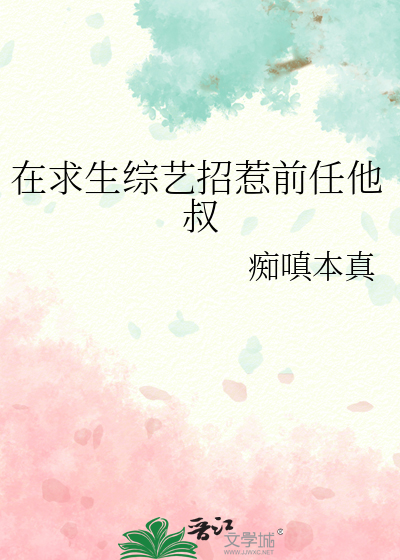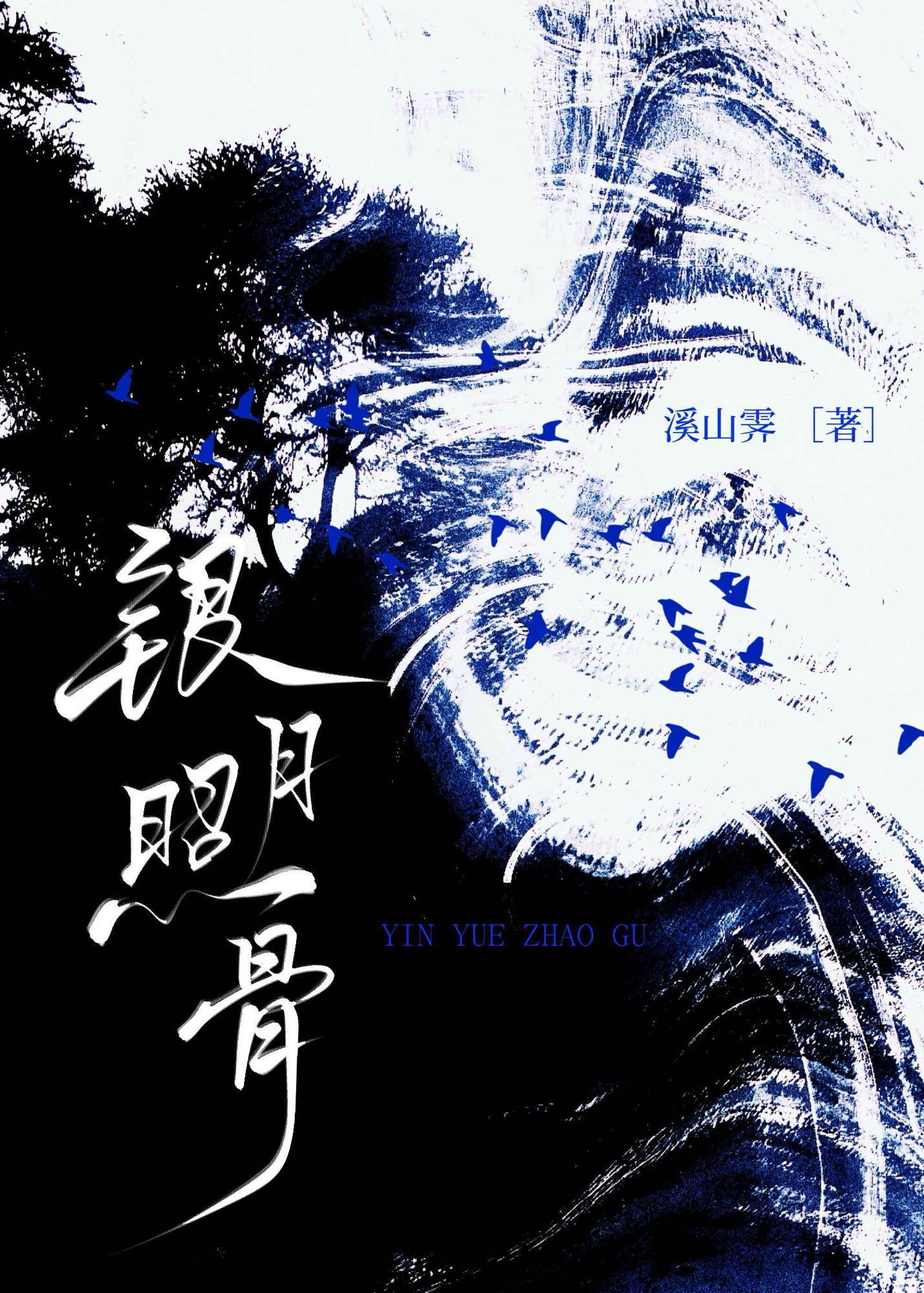When the taxi came to a sudden stop at the roadside, Luan Ye managed to grab the edge of the window just in time to avoid being flung forward with the car.
The driver was calm. He glanced back at him and said, “We’re here, handsome.”
Luan Ye didn’t respond. He let go of the window, glanced down at his GPS—it showed 800 meters remaining to the destination.
“The village is just up ahead,” the driver explained, probably guessing what was going on. “The road to the place you’re heading is narrow, all stone. My car’s got a low chassis; it really can’t handle it. Mind walking the rest? It’s 120, but just pay me 100.”
Still silent, Luan Ye scanned the QR code pasted on the back of the seat and paid the full 120. The driver looked at him several more times before striking up a conversation again.
“You probably read about this place in one of those little travel books, right? Some niche check-in spot for tourists.” The driver acted like he knew it all. “I’ve dropped people off here before. On the way back, they all said they’d been scammed—nothing interesting to see.”
“It’s just a small village at the foot of a snowy mountain. No scenic spots or anything. If you want to do stuff here, it’s all about climbing the mountain or riding horses. If you’re interested, you can hire my car.”
The payment confirmation dinged. Luan Ye opened the car door and stepped out. The driver stuck his head out and continued, persistent as ever.
“You leaving tonight or tomorrow? If you want to head somewhere else, you’d better take my number. This place is so remote—you won’t get another ride.”
He’d picked this guy up at the airport. Other than a small black backpack, he hadn’t brought any luggage. Didn’t seem like a tourist at all.
Luan Ye finally looked back at him and spoke for the first time. “Can I borrow a light?”
His voice was low and raspy. After speaking, he coughed twice. The driver was stunned, then handed over his lighter.
Luan Ye pulled out a cigarette, lit it, and straightened up.
“I’m not going back.” The cigarette in his mouth made his words a bit muffled. “Thanks.”
He switched the GPS to walking mode and followed the mechanical prompts in his earbuds into the village.
He didn’t care whether the driver truly couldn’t go further or just didn’t want to. In the past two days, he’d gone from California to Melbourne, transferred through Tokyo and Shanghai, and finally made it to Yunnan. He’d moved from plane to highway to mountain road. The long journey left his head pounding, and a sudden case of the flu only made it worse. The taxi’s sharp turns had made him feel like he’d vomit at any second.
His throat felt like sand and gravel had been grinding there for days. The cigarette tasted bitter.
With a throat like this, smoking would only make things worse. But it didn’t matter. No one was here to stop him now—
—at least, no one could anymore.
Luan Ye checked his phone. The time zone and weather had changed four or five times over the past few days. Now it had auto-switched to China time, showing 4 p.m.
June in Yunnan was unpredictable. It had been pouring when he left the airport, but now the rain had stopped. The air was thick with humidity and the scent of greenery. He held the cigarette and took a deep breath, trying to suppress the nausea churning in his gut, then looked up again.
It was definitely remote here. Mountains surrounded him on all sides, with the village nestled in between. The road was rocky and hard to walk on. The village houses varied in height, typical rural courtyards built mostly of stone—solid and cold.
The most striking sight was the snowy mountain straight ahead.
It was summer, but maybe because of the altitude, the snow hadn’t fully melted. The black rock and patches of snow clashed sharply, standing tall and out of place in June.
A few people passed by—some locals, others wrapped in colorful shawls, probably tourists like him.
After a few twists and turns through narrow alleys, he’d smoked two-thirds of his cigarette when the GPS said he’d arrived.
He sent a WeChat message. Two minutes later, a small wooden gate opened from inside.
An old woman, small and skinny, around her sixties, peeked out. Her Mandarin carried a local accent, a little hard to understand.
“You’re the one renting the place?”
Luan Ye paused, stubbed out his cigarette, and glanced down at the WeChat profile picture of a burly man in sunglasses, then looked back up at the old woman dressed in traditional ethnic clothing, her hair wrapped in blue cloth.
“My son set up the WeChat for me. He works out of town and helps me post ads online sometimes,” she said, guessing what he was thinking. Then she opened the door wider, speaking quite directly: “You’re this tall and still afraid of getting scammed by an old lady?”
Luan Ye chuckled and followed her into the courtyard.
From the outside, it looked like any other village house. But inside, it was filled with lush greenery and flowers. Across the yard stood a two-story wooden building.
She led him upstairs and opened the room at the far end: “Four rooms up here, someone’s already renting downstairs.”
“One bedroom, one living room, one bathroom. Fully furnished. Big living room window facing the snowy mountain.”
She carefully wiped her shoes on the doormat before entering.
“1200 yuan per month. One month’s deposit, three months’ rent upfront. Utilities included unless you go over. There’s internet—the password’s on the coffee table. No cooking in the room. There’s a shared kitchen on the left side of the yard. Clean up after yourself.”
She looked back at him and added firmly, “You probably don’t cook anyway.”
“Ah.” Her rapid-fire speech stunned him. He recovered and replied hoarsely, “I don’t cook.”
“There’s a restaurant in the village. You can eat at home too—I’ll keep a tab, and you pay at the end of the month.” Her tone softened slightly but remained confident.
“Don’t worry. I won’t scam you.”
“…Okay.”
Eat at home.
It had been a long time since he’d heard that phrase.
Luan Ye felt a bit amused and coughed twice, lowering his voice. “Should I pay you or your son?”
“Of course me!” She gave him a sharp look. “It’s my house!”
Besides the rental building, there was another two-story house on the right side of the yard, larger in scale. The first floor was a tea room with floor-to-ceiling windows, bright and open. That’s where they signed the contract: a three-month short-term lease, 4800 yuan with the deposit included.
The old woman flipped over her phone, revealing a huge QR code on the back of the case, slightly worn at the edges.
Luan Ye transferred the money. The payment tone rang loudly. She handed him three keys, one heavy and brass-colored.
“Two for your room, one for the gate. We don’t lock the gate. Just lock your own room.”
She pointed upstairs. “I live up there. If there’s anything wrong with the house, come to me. Just like everyone else, call me Granny Mu.”
She paused, then added seriously: “Don’t come looking for me from 3 to 5 p.m.—I’ll be playing mahjong.”
Luan Ye straightened up, looking equally serious, and nodded solemnly.
Granny Mu continued, “Give me your number, too.”
He hesitated for a second, then read his new number out loud twice.
She dialed it, waited for it to connect, then hung up and saved it. “So young and you can’t remember your own number?”
“Yeah,” he replied. “Bad memory.”
The whole rental process had gone so fast that his head was still spinning—though maybe it was just the illness or exhaustion.
Despite the remote location, the room was quite nice.
The ceiling was triangular, giving it a sense of height. Exposed beams and wooden furniture—coffee table and desk—all gave it a rustic charm.
The bedroom was on the left, not clearly separated from the living room except by a raised platform. Light curtains hung between the pillars, enough to act as a loose divider. The space was wide enough that it didn’t feel cramped.
Both the bedroom and living room had large east-facing windows directly overlooking the snowy mountain. But by now, the sky had turned overcast again, and heavy clouds obscured the view.
He opened all the windows for ventilation and studied the bed.
The bedding was white, hotel-style. He examined it—it looked clean, but who knew how long it had been since it was changed? After all, this was a rental, not a hotel.
A wooden wardrobe stood against the wall. He opened it. Empty.
He slumped onto the sofa and habitually pulled out a cigarette, only to remember he’d left his lighter at airport security.
So he opened his only bag and emptied everything onto the small wooden coffee table.
ID card, passport, chargers, phone—essentials for disappearing.
A casually packed Z9 camera with lens, extra batteries and charger—his livelihood, and his excuse for leaving.
Out to take some photos.
It was a perfect reason—one no one would question. Enough to let him vanish quietly from the other side of the planet and appear in a small village in China’s southwest mountains.
A brand-new SIM card bought at the airport—he hadn’t even memorized the number.
A freshly registered WeChat account, with only one contact: the landlord’s son.
A bank card from years ago, barely used.
Perfect.
Luan Ye turned off his phone and collapsed onto the couch.
He should be going out to buy necessities—like a toothbrush, toothpaste, new bedding. Or at least go get a meal. In the past 30+ hours, he’d only eaten one in-flight meal.
Instead, Luan Ye closed his eyes.
So tired. I’ll sleep first and deal with everything else later.
This was probably the deepest sleep he’d had in a while. When he woke up, it was dark outside the window—no telling what time it was.
The wind blew in through the window, making the curtains sway slightly. It was a bit cold, and Luan Ye took a moment to get up.
After the nap, his cold hadn’t gotten better—in fact, it had worsened. His throat was painfully sore, and he instinctively tried to clear it.
The moment he opened his mouth, he knew he was screwed.
Though earlier his voice had already been raspy like Donald Duck’s distant cousin, at least he could still get a few words out. But now, after napping on the couch in front of the open window for who knows how many hours, he had completely lost his voice.
He tried to open his mouth and say “ah” a few times but could only feel faint air moving through his throat. He couldn’t form a single syllable, let alone speak properly.
The room was dark—he hadn’t turned on the lights—and the image of him sitting on the couch struggling to make a sound felt oddly pitiful.
After trying for about ten seconds, Luan Ye decisively gave up.
Screw it. He was alone now anyway. Being mute wasn’t such a bad thing—no need to talk to anyone.
His hair had grown out, and he hadn’t had time to get it cut while rushing around. He tied it back with a hair tie, but it had loosened while he slept. Luan Ye lazily retied it, grabbed his phone, and headed downstairs.
There was no one in the courtyard, just two or three dim garden lamps glowing softly. At the gate, a large padlock hung on the inside of a wooden door common in rural areas. It wasn’t locked—One push, and it opened.
He needed to go out and buy some things.




![Professional Red Thread Cutter [Quick Transmigration] Professional Red Thread Cutter [Quick Transmigration]](https://www.freenovels.net/wp-content/uploads/2025/05/IMG_6298.jpeg)